about us
About Us
Polymer Karan Company is a manufacturer of rubber and rubber-metal components used in the automotive industry, household appliances, water and sewage, irrigation systems, agricultural machinery, and more. The company started its operations in 1996 and, in recent years, has gained the trust of its customers through its technical capabilities and sense of responsibility towards its commitments. As a result, the volume of cooperation with contracting companies has continuously increased during this period.
One of the main and strategic goals of Polymer Karan Company is continuous development and improvement in all areas. In this regard, from a production facilities perspective, the company has increased its number of machines each year and, in 2001-2002, constructed a suitable facility for housing its factory and central office.
Simultaneously with the expansion of production space and machinery, the company’s software system development has been ongoing. With the full implementation of the quality management system, the company received the ISO9001: 2000 certificate from RWTUV in 2003.
Following this, due to the increased production volume and the requirements of automotive companies, the implementation of a quality management system based on the ISO/TS-16949:2002 standard was put on the company’s agenda. This project began in mid-2003 and was completed by mid-2004, and after an audit by RWTUV, Polymer Karan Company was awarded the ISO/TS-16949:2002 certificate. These certificates have been continuously renewed, with the latest being issued in 2022 by IMQ for another three-year period according to the latest standards revisions.
Polymer Karan Company intends to expand its activity by entering the Extrusion sector and gaining a share of the market for these products in the automotive and household appliances sectors. Necessary planning has been done, and implementation actions will begin in the near future.
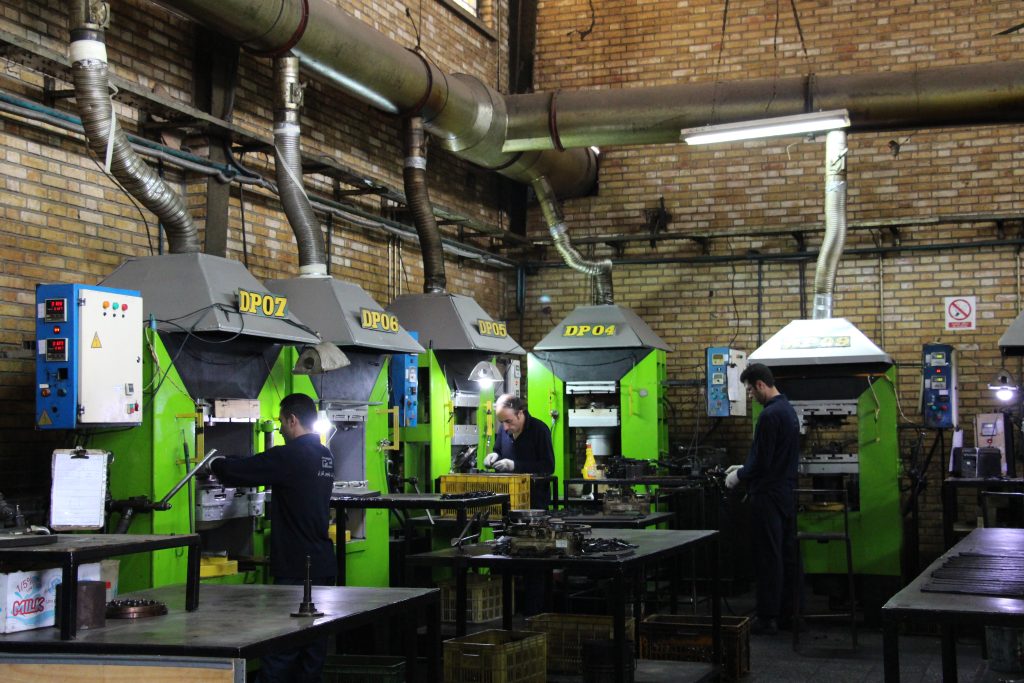
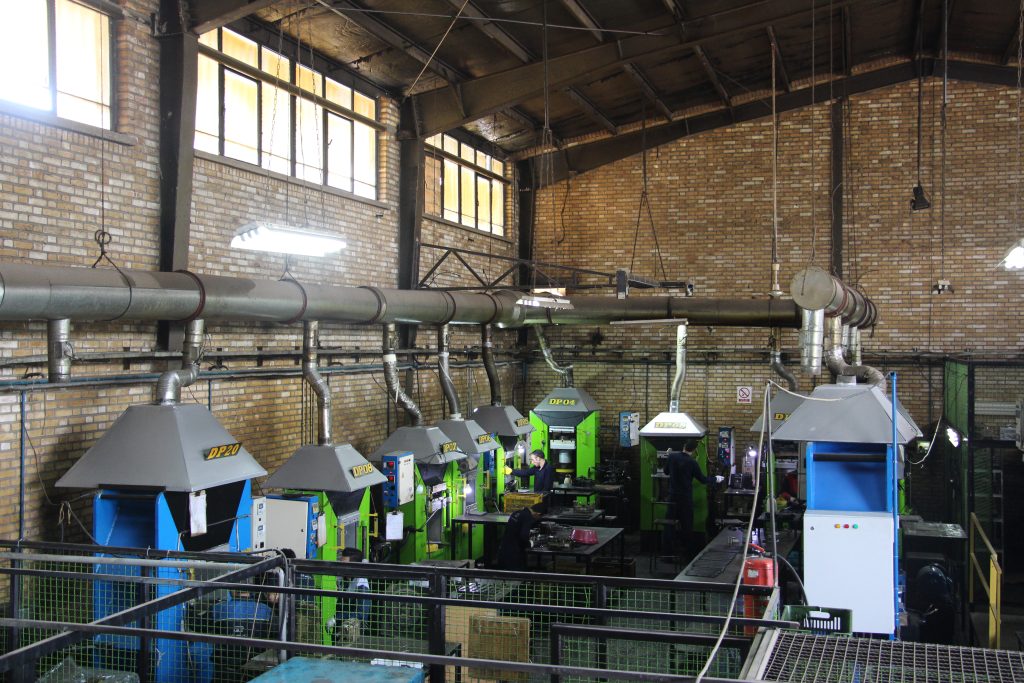
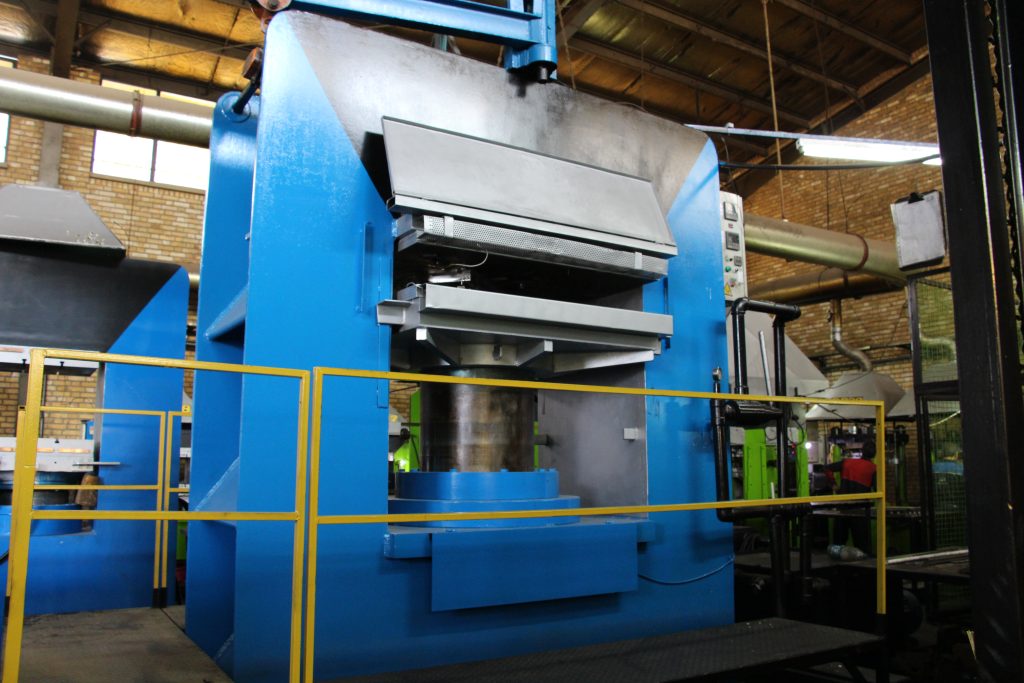
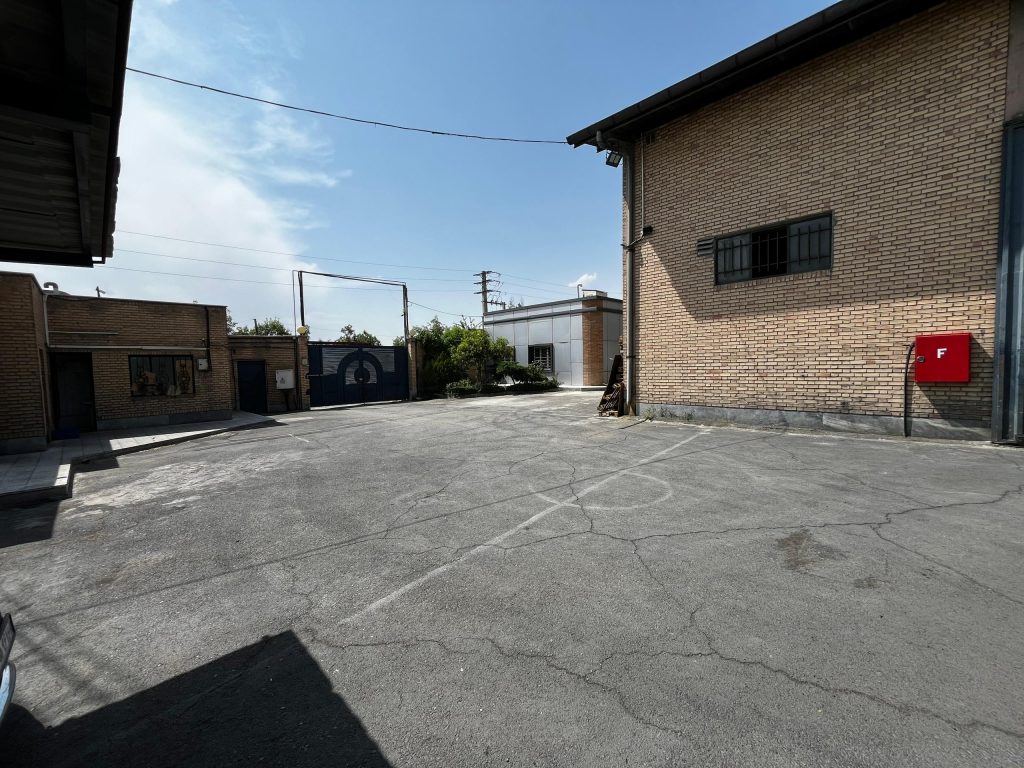
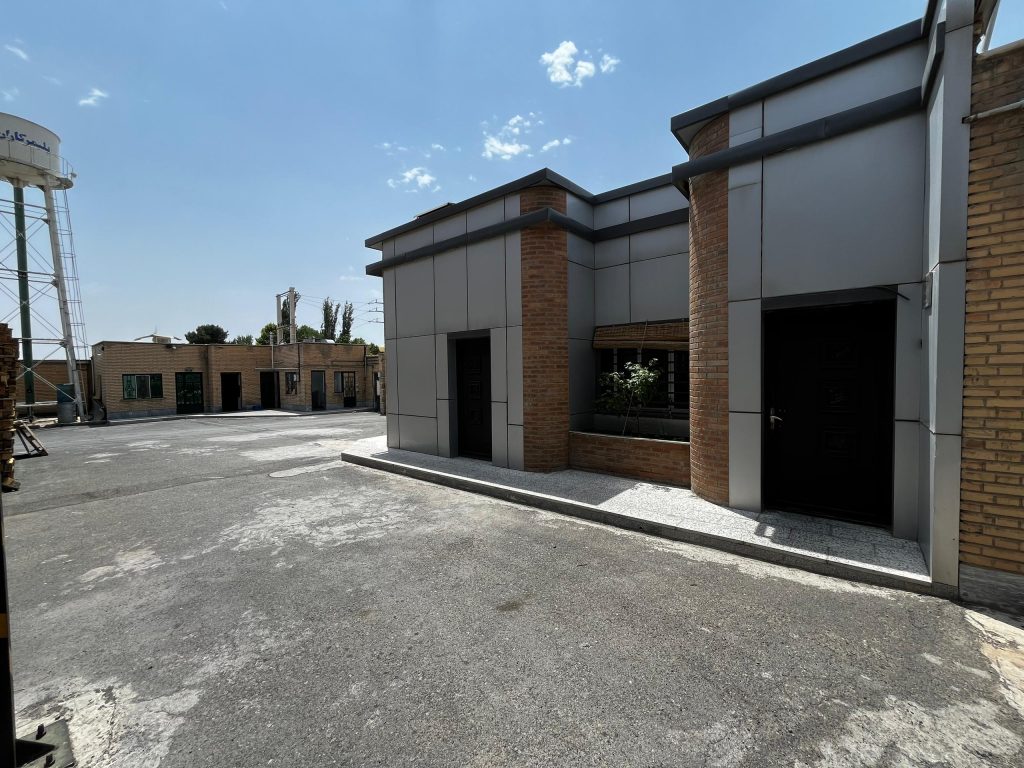
Company Policy
Polymer Karan Company, a designer and manufacturer of rubber and rubber-metal components in the automotive, household appliances, agricultural machinery and equipment, water supply and irrigation systems, and other industrial production sectors, aims to maintain its presence in the competitive market and participate in the country’s industrial production. To this end, it adopts the following principles and quality policy for establishing a quality management system based on the latest IATF requirements and customer demands, of mainly SAIPA (one of the largest automobile manufacturers in Iran) SSQR and Tractor Sazi (Tractor Manufacturing company) ST84. The company is committed to implementing organizational responsibility policies (including anti-bribery, disclosure, and employee conduct codes) and fostering a sense of cooperation, participation, and responsibility among staff, understanding and implementing the quality system. It aims to achieve the following goals with the participation of experienced personnel, adherence to training principles, and continuous improvement:
- Produce products with the quality desired by customers and in accordance with agreed standards and legal and regulatory requirements, ensuring product consistency throughout the production period.
- Build trust and confidence in customers regarding the preservation of desired quality, timely delivery, adherence to contracts, and increasing customer satisfaction.
- Identify and manage organizational strengths and weaknesses, as well as risks and threats affecting product and service conformity, to make strategic decisions or provide contingency plans appropriate to the company’s objectives and nature.
- Institutionalize the adherence to standards, proper execution of processes, and quality principles among staff, ultimately moving from a quality control system to a self-control system.
- Foster cooperation and participation of all staff in preventing the occurrence of defects and moving towards zero defects.
- Reduce costs while maintaining quality to ensure continuous presence in the competitive market and increase productivity.
- Continuous training, enhancement of scientific and social knowledge, and motivation of staff to develop human resources.
- Continuous improvement in processes and products.
This policy will be reviewed as necessary in light of organizational advancements and policies.
